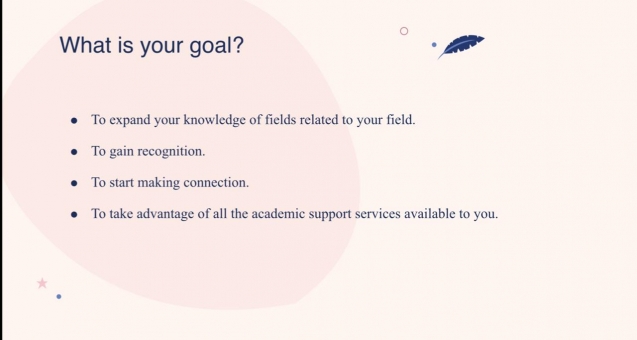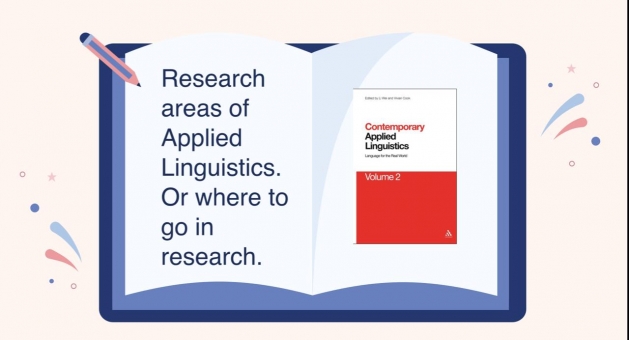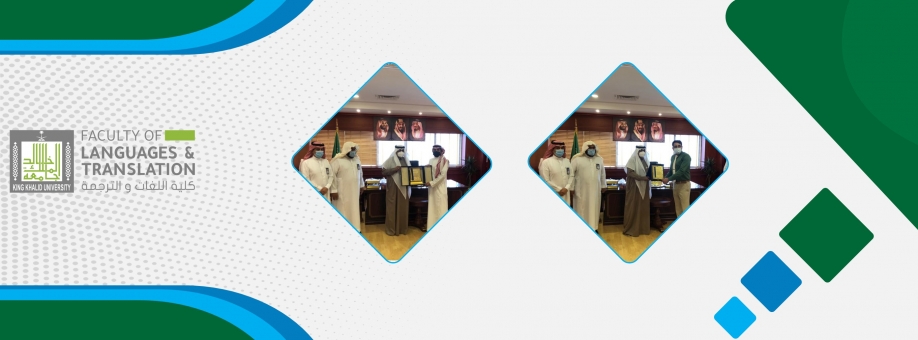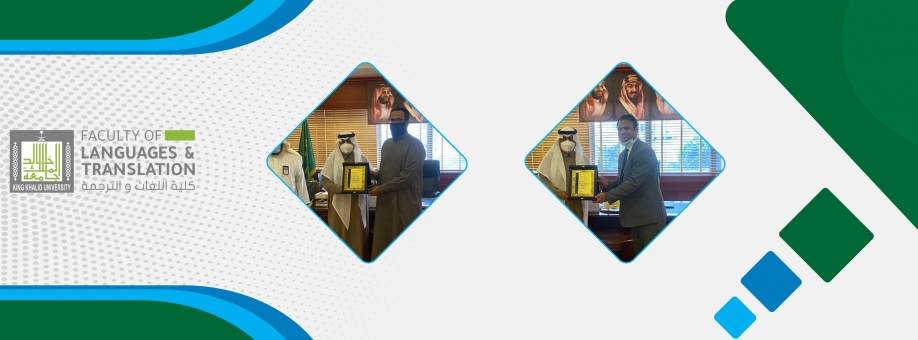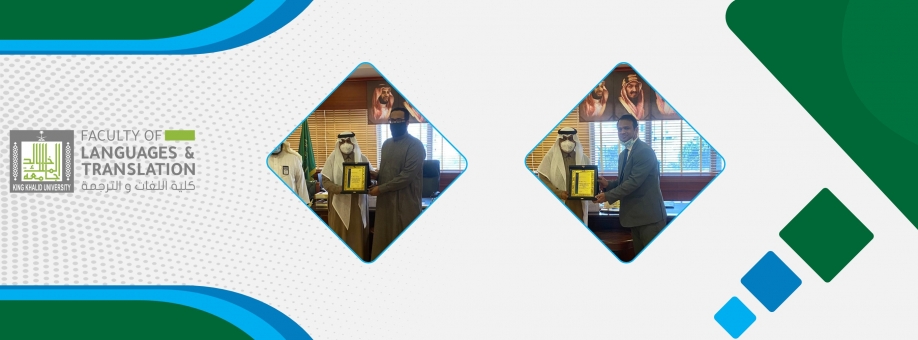Alumni Unit Delivers Professional Job Skills Webinar
On March 23, 2021, Mr. Javed Ahmed delivered a webinar titled 'Professional Job Skills'. The webinar, under the supervision of Vice Dean for Academic Development & Quality, Dr. Abdulrahman Almosa, and technical support of E-Learning Supervisor, Mr. Mohsin Khan, was developed to help Bachelor of Arts in English program upperclassmen and alumni understand the mindset and competencies needed in the future workplace. In the webinar, Mr. Javed explained why some companies place heavy emphasis on the skill of multitasking and need new hires who have up-to-the-minute, state-of-the-art skills. "I wanted to provide alumni with an opportunity to reflect on adaptability, mental agility, and resilience," said Mr. Javed. He then pivoted into a highlight of the most in-demand professional jobs skills alumni should look to develop, noting how they will help them remain competitive job candidates. "I see we have several alumni in the webinar. Employers are looking for hard as well as smart workers, being a potential candidate one has to change his outlook towards the traditional way of thinking," Mr. Javed added. He concluded by highlighting the schematic diagram, which will definitely help our alumni to think, visualize and actualize multi-dimensional intelligence.
The Bachelor of Arts in English program is committed to providing students and alumni of the program with additional activities for their professional development, consistent with the intended learning outcomes, and labor market developments.
Date: 3/26/2021
Source: Faculty of Languages and Translation

